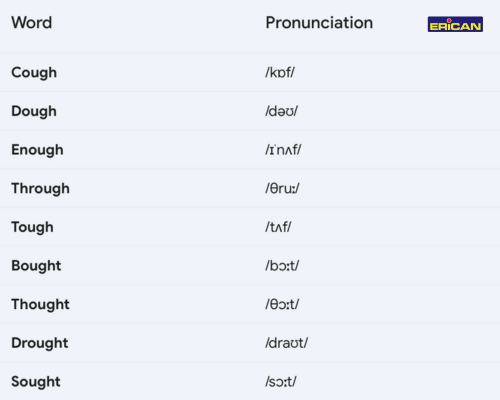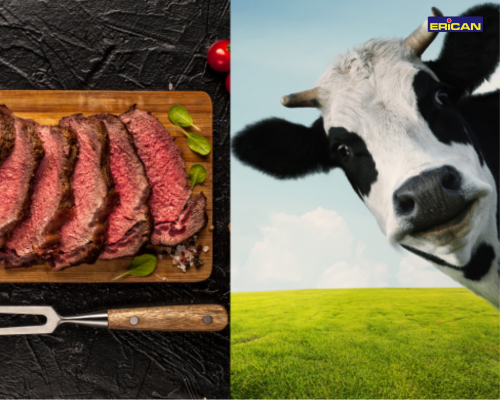By Sir Douglas W. Larke
A famous educationist, James Nicoll, once opined, “The problem with defending the purity of the English language is that English is about as pure as a thief. We don’t just borrow words; on occasion, English has pursued other languages down alleyways to beat them unconscious and rifle their pockets for new vocabulary.”

As proud as I am of my English language skills and my English cultural background, I couldn’t agree more with such a statement. Growing up, I often questioned why many things we did in English were done the way they were. Now, as a teacher, I have to try to explain to non-native speakers that all of these strange alternate rules make complete sense and are not that difficult to remember. Good luck with that.

Homonyms and homophones are all well and good, but why can the letters ‘ough’ be pronounced in four or more ways depending on the word? Why is ‘Colonel’ pronounced like ‘kernel’?
Students understand that there are British and American spellings and pronunciations, but why? And why didn’t Australia and Canada develop their own variations?
To be honest, English to me is like a giant, eternal soup pot, with new ingredients being constantly thrown in. The more guests we have over, the more varied the ingredients become, and yet they all become part of the vast consumable entity that is English.
Not even the most ‘pure-blooded’ Brit can claim to be speaking ‘pure English’; the concept of ‘pure English’ is a complete myth—English is, and always will be, one of the biggest leftover soups of international languages.

From Anglo-Saxon to Roman Latin, from Germanic to French and Scandinavian influences, even early Medieval English was already a hodgepodge of various languages. To this day, the presence of words like ‘amok,’ ‘typhoon,’ ‘kamikaze,’ and ‘guru’ in English serves as more recent examples of adopted vocabulary.
What most people don’t realize is that certain languages have had more influence on English than others, particularly French. This is no surprise, as England and France have been eternal neighbours, acting as best friends, biggest foes, and everything in between over the years.
Indeed, the King of France—briefly—ruled over England, and at least one British king nearly took over much of France.

Why the history lesson in an article on language? Because this single event would go on to have a HUGE impact on English forever. William brought his supporters over to the newly conquered England to help him rule, and suddenly the language of the ruling class was French, not English.
Thus, in order to conduct business and deal with the courts, one had to adopt more French vocabulary than had previously been necessary.
It is for this reason that English still has different terms for certain meats and the animals they come from. Cow → beef; pig → pork; sheep → mutton.
This is merely one way in which history has caused significant changes to English, and examples can be found for other languages as well.
However, it drives home my point: look not for a pot of pure, untainted English broth, for English itself has always been—and will ever be—the linguistic soup pot of languages.
Book A Course Today!
Language learning can be a real chore and a very daunting one at that. At Erican, we remove the stress and pressure of language learning by making sure our classes are run naturally, interactively and in the liveliest manner.
